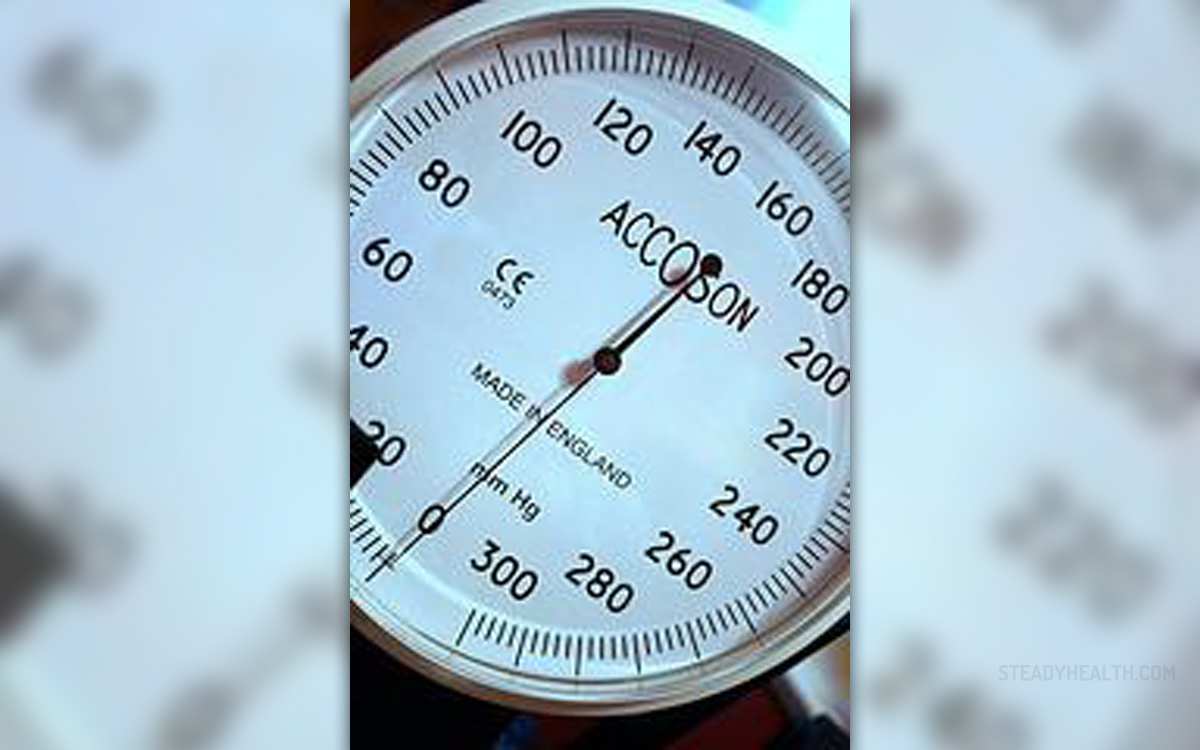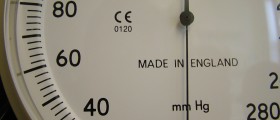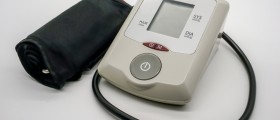
Hypertension is a condition manifesting through high blood pressure. Even though increased physical activities and stress may cause our blood pressure to become higher than normally, people suffering from hypertension are in this state at all times, even when resting.
There are two major types of hypertension. Firstly, we have the primary hypertension which can be triggered by hereditary and lifestyle factors. Secondary hypertension is a variant which is triggered by an underlying condition such as kidney disease, arteriosclerosis etc.
Basically, hypertension takes place when the small blood vessels become constricted, making the heart work harder in order to pump blood through these areas. Thus, the pressure of blood flow against the walls of the blood vessels increases leading to hypertension.
Amazingly, up to 95% of cases of hypertension are benign, with only 5% being occurrences of secondary hypertension.
Facts about Blood Pressure
We measure our blood pressure with two numbers and we use millimeters of mercury for this purpose. The number on the top, or the systolic pressure, depicts the blood pressure once our heart contracts in order to pump more blood. Our diastolic pressure, being the bottom number presents blood pressure in the arteries during our hearts relaxation, between two beats.
In order for the blood pressure readings to be correct and precise, the patient needs to be in a state of relaxation and rest. Everything less than 120mm Hg of systolic pressure and less than 80mm Hg diastolic pressure is considered not to be hypertension. If the top readings range from 120 to 139mm Hg and the low readings from 80 to 89mm Hg, prehypertension is diagnosed. Then 140-159mm Hg with 90-99mm Hg is said to be stage I hypertension and stage II hypertension, being the most dangerous one, ranges from 160mm Hg and more, with lower blood pressure higher than 100mm Hg.
Risk Groups Regarding Hypertension
Once of the greatest predispositions for hypertension are obesity, diet rich in sodium, smoking, fatty foot consumption, alcohol abuse, proneness to stress and sedentary lifestyle. Genetic factors may influence one's hypertension as well. Additionally, men and post-menopausal women are the most endangered group, especially when we talk about people of African American origin.
Benign hypertension is often named the silent killer, due to the fact that it manifests through no symptoms. On the other hand, there are cases where hypertension can go hand-in-hand with headache, dizziness, heartbeat irregularities, fatigue, sexual dysfunction, breathing difficulties, nose bleeding etc.
Thus, people with blood pressure problems need to seek medical assistance and have hypertension treated. After a successful diagnosis by using numerous medical devices and methods, hypertension is usually treated with medications or lifestyle and diet changes. More serious variants of this condition may require further analysis and more complicated treatment procedures.

















Your thoughts on this
Loading...